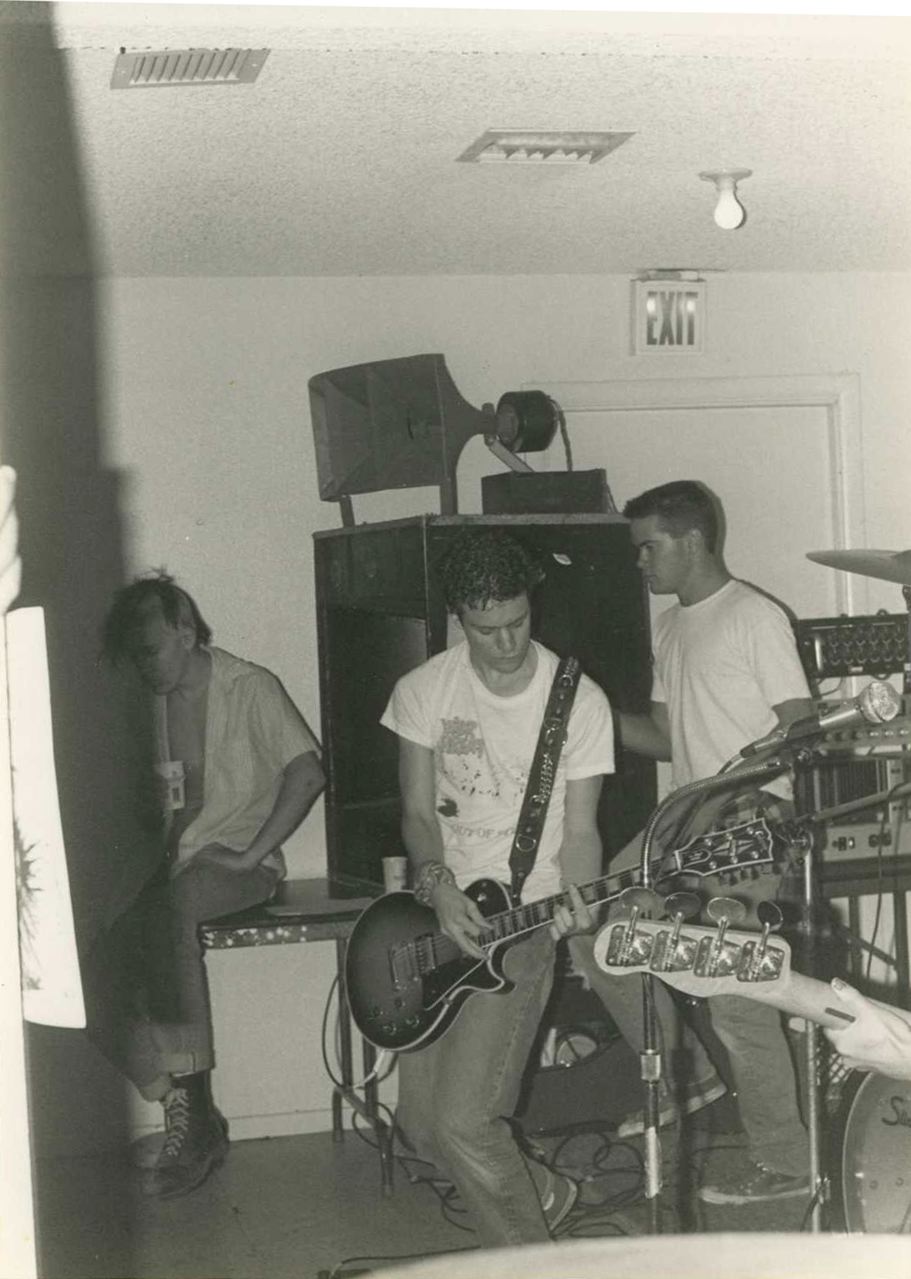 |
Photo: Karen Walraven |
**__Related stories:__***linkurl:Crystals in lab, rock on stage;http://www.the-scientist.com/news/display/57489/
[3rd June 2010]*linkurl:Scientists as rock stars?;http://www.the-scientist.com/news/display/57812//
[17th November 2010]*linkurl:Statistically significant punk rockers;http://www.the-scientist.com/blog/display/52928/
[6th March 2007]












